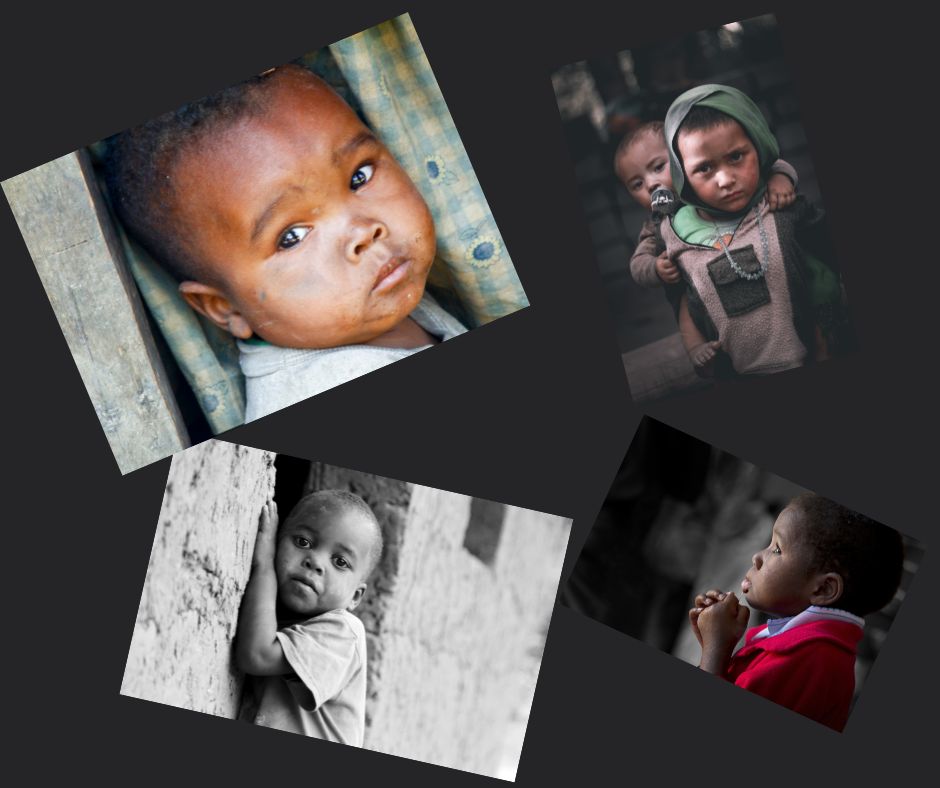
Approximately 25 million Afghans live in poverty, and the rising cost of food due to the world food crisis and the nation’s economic downturn need “rapid and urgent care.”
Dr. Alakbarov discussed his recent visit to a hospital in Kabul, held live on an international TV program, and programmed what would happen if the funding did not materialize. He observed underweight youngsters, which he called “heartbreaking.”
Being forced to sell kids
He lamented that these young ones would not make it through the brutal winter, which is especially challenging for those who live in isolated places.
And while Afghans are renowned for their tenacity and capacity for survival, others have turned to unhealthy coping mechanisms.
“You have witnessed individuals selling children and organs. We shall see this again if support is not given, he added. This has been well covered in the media.
Unmet needs
Humanitarians’ work has prevented starvation, maintained the operations of hospitals, and guaranteed that teachers and medical personnel were paid. Additionally, they hurried to assist regions affected by the June earthquake and flooding.
Despite cholera outbreaks and a surge in other diseases, particularly those that damage livestock, hundreds of thousands of girls are still barred from secondary education.
Dr. Alakbarov emphasized the need to address climate change, poverty, and lack of development, especially in the agricultural sector, and added, “Moving forward, humanitarian needs will continue to be high, but the humanitarian help alone is not enough.”
“We will not be able to reverse the trends in Afghanistan without functioning markets, a working banking sector, and investments in entry-level jobs. We won’t be able to shift people from a mode of surviving to one of thriving.
Analysis by: Advocacy Unified Network
